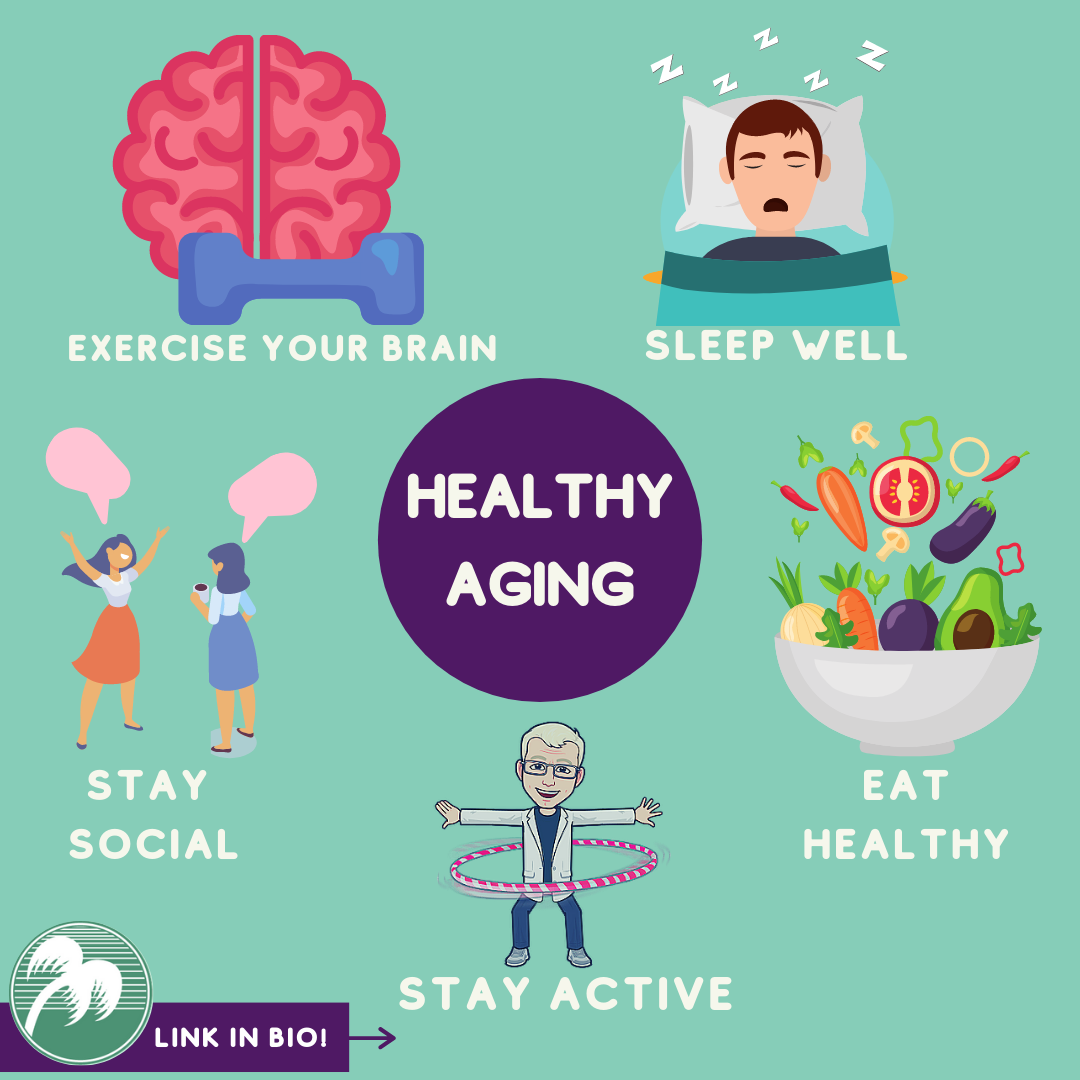
While our bodies and minds change as we age, it doesn’t mean we have to give up on having a happy, healthy, active life. Growing older can be a positive experience — not just physically but also psychologically and socially.
Yet the state of aging in the US is increasingly alarming and points to the need for each of us to get educated on how to help avoid some of the most common lifestyle diseases that make aging well so difficult. (1) (2)
Here are some statistics:
- One of four chronic diseases – heart disease, cancer, stroke, and diabetes — effect approximately 80% of older adults and 77% have at least two.
- Diabetes affects 12.2 million Americans aged 60+. Additionally, 57 million aged 20+ have pre-diabetes, which increases their risk of developing type 2 diabetes, heart disease, and stroke.
- 90% of Americans aged 55+ are at risk for hypertension, or high blood pressure.
And chronic disease is just one part of aging issues that may be avoidable through awareness and education. Also, an important part of the equation are these:
- Falls – the leading cause of fractures, hospital admissions for trauma, and injury deaths for older adults.
- Mental disorders including depression, anxiety, and dementia.
While many of us have some genetic disposition to health issues, in general, lifestyle changes can make a huge difference in keeping many of them under control and in some cases – non-existent.
Aging Gracefully
With the right attitude of accepting change and constantly seeking more meaning day-to-day, aging can be a time to honor who you are and how far you’ve come in life. Here are some helpful tips to get some perspective:
- Keep Your Brain Active
Never stop learning something new, reading, playing games, and always challenging your brain. Don’t get stuck in couch potato mode in front of your TV. (3)
- Stay Social
Take a class, volunteer, see old friends, and make new ones.
- Eat Healthy
Eat plenty of fresh, local, and organic fruits and vegetables for better digestion and less oxidative damage (due to environmental toxins). They contain antioxidants which can reverse the signs of aging. (4)
- Cut Back on Sugar
Refined sugar found in processed snacks, soda, and baked goods—will greatly reduce your energy levels and your longevity. If you have a sweet tooth, use sugar from natural sources like fresh fruits, honey, and real maple syrup in moderation.
- Hydrate Often
Drinking plenty of filtered or spring water daily can help prevent dry skin, wrinkles, and ensure your hair, nails, and skin remain soft and supple. Water also helps keep your organs and digestive system running efficiently.
- Stay Balanced
Practices like yoga or tai chi can help you improve and maintain your agility to prevent falls. They can also reduce stress and depression.
- Move Your Body
Take a brisk daily walk or a movement class every week to help keep weight in check as well as give your heart and lungs some fresh oxygen and circulatory action.
- Get Enough Sleep
Sleeping sounding through the night increases longevity and your general health. Shoot for at least 7 to 9 hours of sleep a night. (5)
- Take Supplements
After age 50, your body needs more of some vitamins and minerals than before. Get tested to make sure you are getting enough magnesium, calcium, Vitamins D, C, B12 and B6. (6)
- Positive Thinking
Remember to focus on the “glass-is-half-full” attitude in life. It can keep you happier all around and helps to avoid stress and drama. And don’t forget to smile more – you will look and feel younger.
- https://www.cdc.gov/aging/agingdata/data-portal/state-aging-health.html
- https://www.prb.org/aging-unitedstates-fact-sheet/
- https://www.ncbi.nlm.nih.gov/pmc/articles/PMC2596698/
- https://www.ncbi.nlm.nih.gov/pmc/articles/PMC2685276/
- https://www.nia.nih.gov/health/good-nights-sleep
- https://www.nia.nih.gov/health/dietary-supplements




